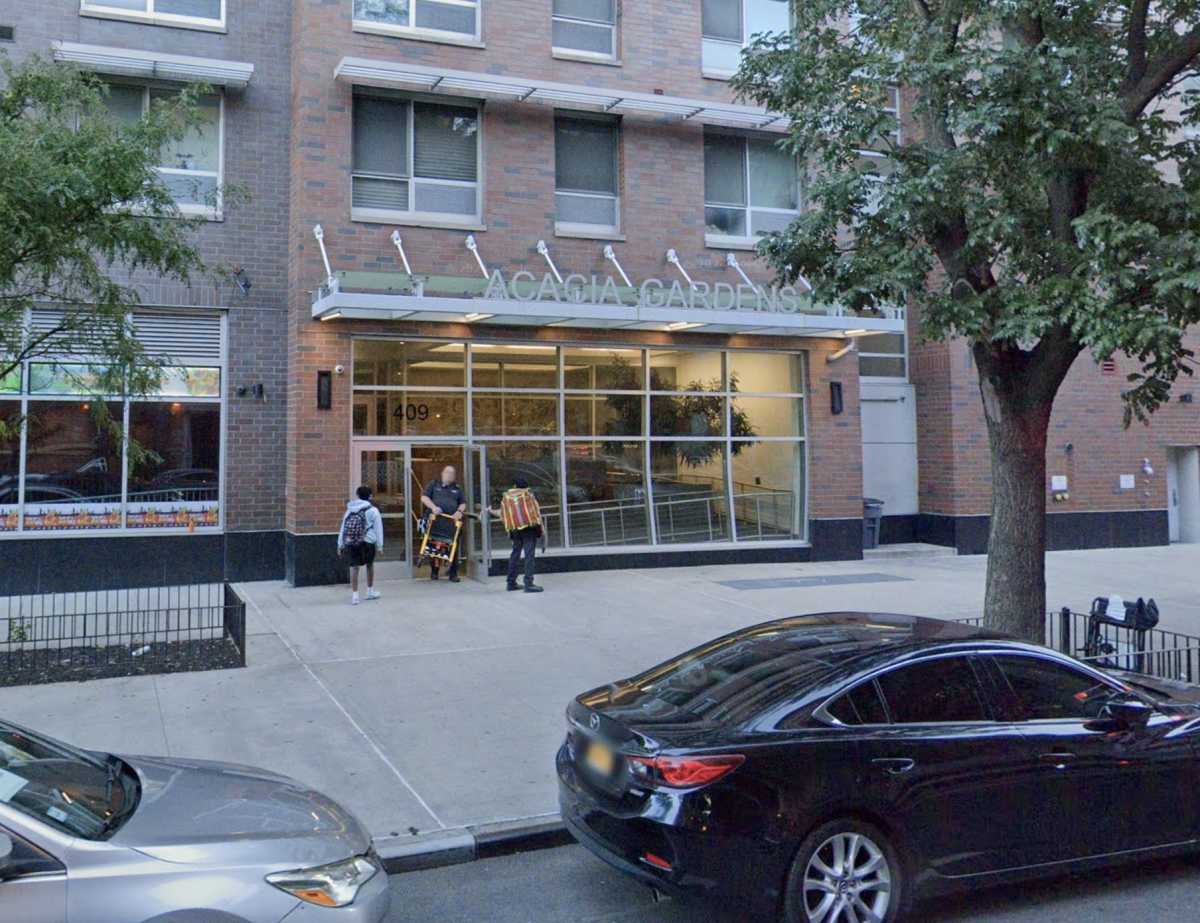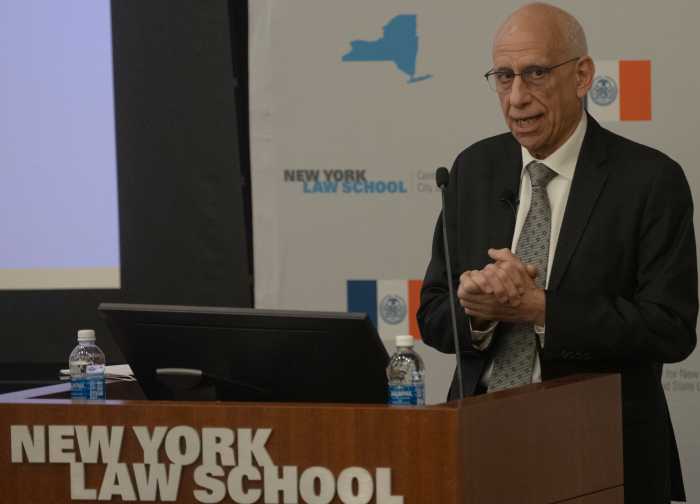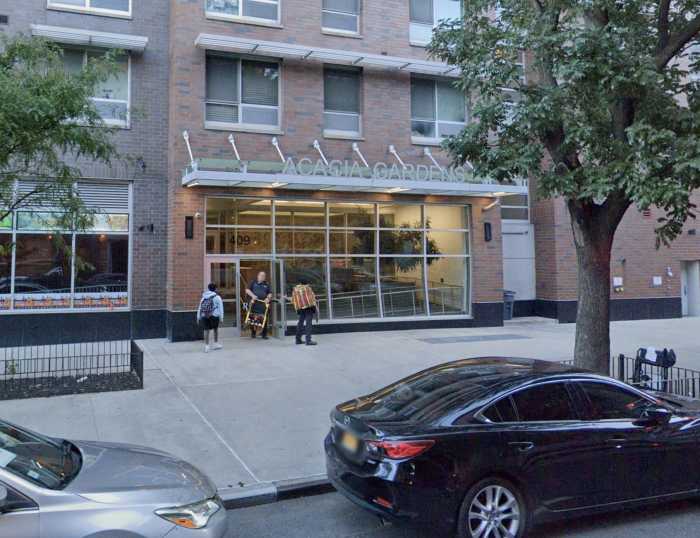By Mark Hallum
Queens’ elected officials at the state level are looking forward to a potential windfall from sports betting after the U.S. Supreme Court voted 6-3 in favor of overturning the federal ban Monday as well as the opportunity to eliminate a revenue stream for organized crime.
State Sen. Joseph Addabbo (D-Howard Beach), a ranking member of the Senate Racing, Gaming and Wagering Committee, has his eye on passing preliminary legislation on betting while state Sen. Tony Avella (D-Bayside) is hoping to use the taxes levied from legalized stakes for schools.
“It is big money, we know it is. People enjoy it as entertainment, but there is an illegal element to it,” Addabbo said, claiming a regulated legalization of sports betting could take the wind out of organized crime. “We had a hearing earlier this year through the gaming committee and a gentleman from Nevada gave testimony and said ‘we’ve practically eliminated illegal gaming and betting.’
There is preliminary legislation currently being amended before it goes to a vote next week, Addabbo said. The Senate hopes to be cautious about implementing sports betting in the state to keep negative effects at a minimum.
Because gambling can be an addictive recreation as well as other drawbacks, any changes in the law passed will not become a reality until next year, according to Addabbo.
“You want to make sure you protect the consumer — obviously gaming can be an addiction — the integrity of the sport,” Addabbo said. “When we’re looking for revenue for our state, this is one way to create revenue and jobs, to do it correctly and protect the consumer.”
There are currently no projections of how much sports betting could produce for New York, but a national estimate sits at about $150 billion.
Addabbo said to be wary of the accuracy of the projections, but said regardless it would be revenue the state does not already have.
“I applaud the Supreme Court for restoring common sense on this issue and realizing the limitations that the United States Constitution and the system of federalism places on the federal government in regards to dictating to the states what they can and cannot do,” Avella said. “With our state facing budget deficits and the recent tax law from Washington unfairly punishing New Yorkers, it is imperative that our state take the step of legalizing sports betting. This is an opportunity for our state to diminish a serious organized crime enterprise and provide critical funds to support our underfunded schools.”
The Supreme Court decision came after a five-month debate and ultimately boiled down to Justice Samuel Alito Jr. pointing to the fact Congress was issuing a direct order to state legislatures, which it had no authority to do, according to court documents.
Reach reporter Mark Hallum by e-mail at mhall
































